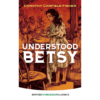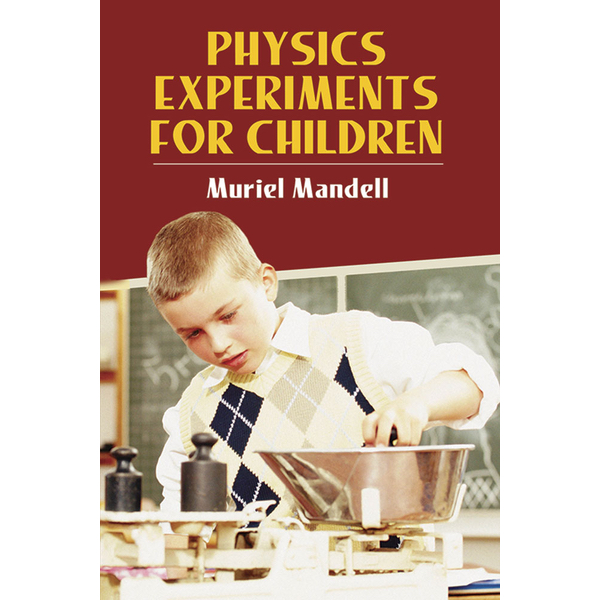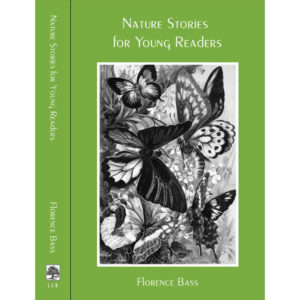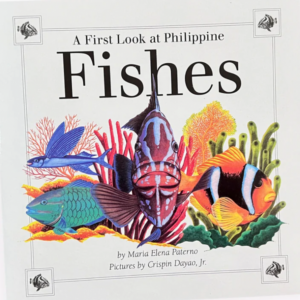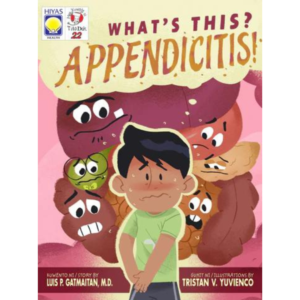Physics Experiments for Children
₱ 520.00
Physics Experiments for Children
What better way is there to learn than by doing? This unusual book enables children to carry out more than 103 different experiments and demonstrations, carefully planned to illustrate principles of modern science. Clear step-by-step instructions, frequent diagrams, and clear statements of conclusions all enable the young student to carry through these experiments with minimal supervision, yet full success.
The science projects included demonstrate what things are made of and how substances are affected by the different forms of energy, heat, light, sound, mechanical energy, electricity, and magnetism. The experiments show how a thermometer measures temperature, how an electric bulb gives light, how shadows are formed, how a stethoscope works, how to make a periscope, how to make a rainbow, how straws work, how water changes size, and many other fascinating facts. Little is required in the way of equipment other than simple materials found at home, such as bottles, cardboard, wire, nails, cork, paper, and magnets.
This volume offers upper grade school, junior high school, and high school students a very entertaining way to enrich their background in science and its applications. It is also a very valuable aid to parents, teachers, and others who wish to make clear, forceful demonstrations to children.
Out of stock
Description
Physics Experiments for Children
What better way is there to learn than by doing? This unusual book enables children to carry out more than 103 different experiments and demonstrations, carefully planned to illustrate principles of modern science. Clear step-by-step instructions, frequent diagrams, and clear statements of conclusions all enable the young student to carry through these experiments with minimal supervision, yet full success.
The science projects included demonstrate what things are made of and how substances are affected by the different forms of energy, heat, light, sound, mechanical energy, electricity, and magnetism. The experiments show how a thermometer measures temperature, how an electric bulb gives light, how shadows are formed, how a stethoscope works, how to make a periscope, how to make a rainbow, how straws work, how water changes size, and many other fascinating facts. Little is required in the way of equipment other than simple materials found at home, such as bottles, cardboard, wire, nails, cork, paper, and magnets.
This volume offers upper grade school, junior high school, and high school students a very entertaining way to enrich their background in science and its applications. It is also a very valuable aid to parents, teachers, and others who wish to make clear, forceful demonstrations to children.


